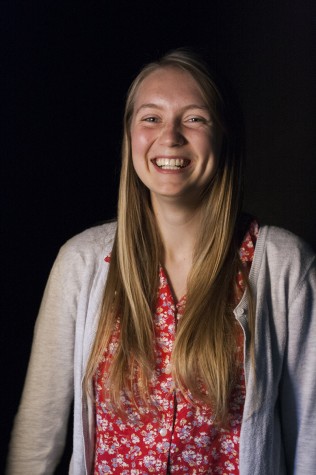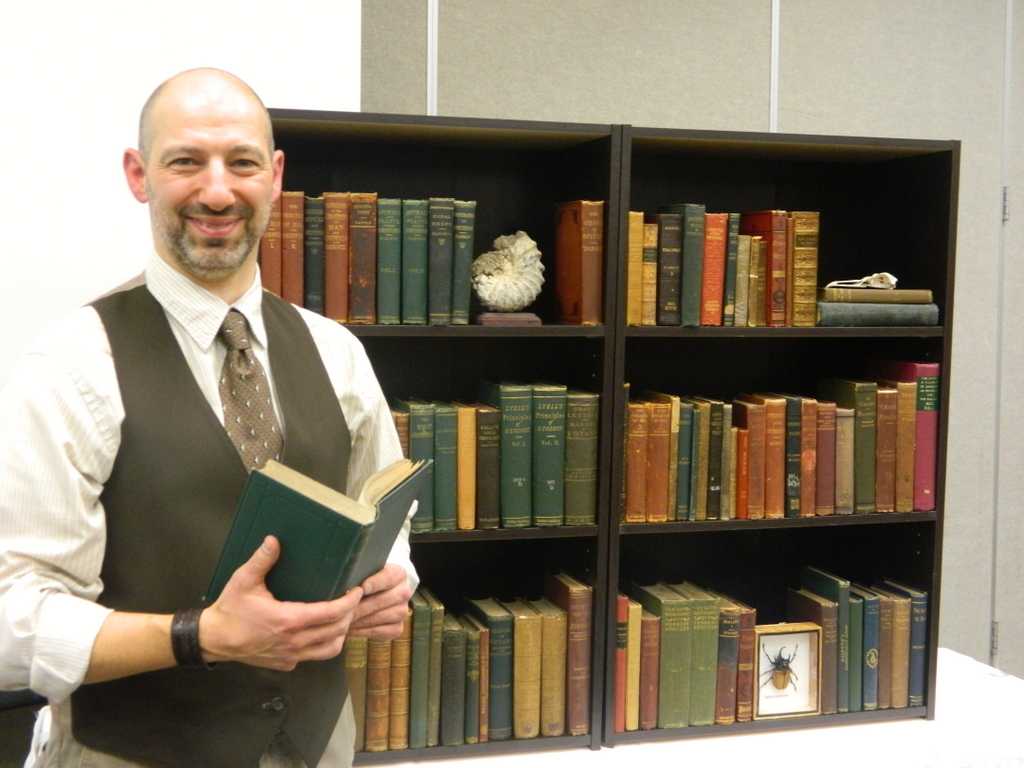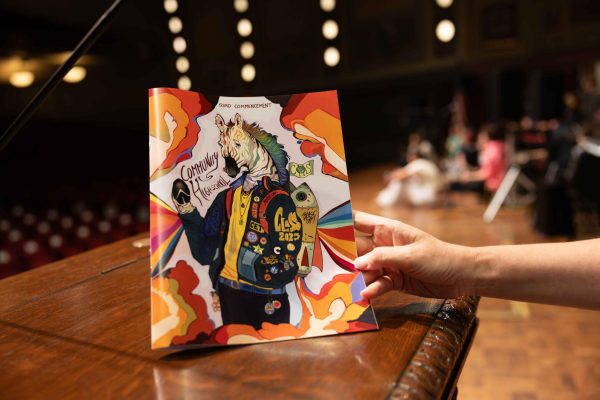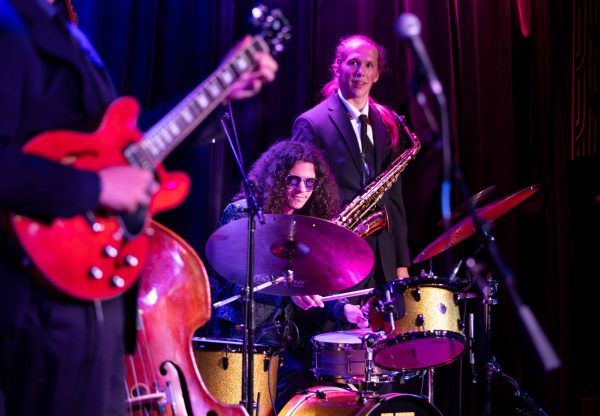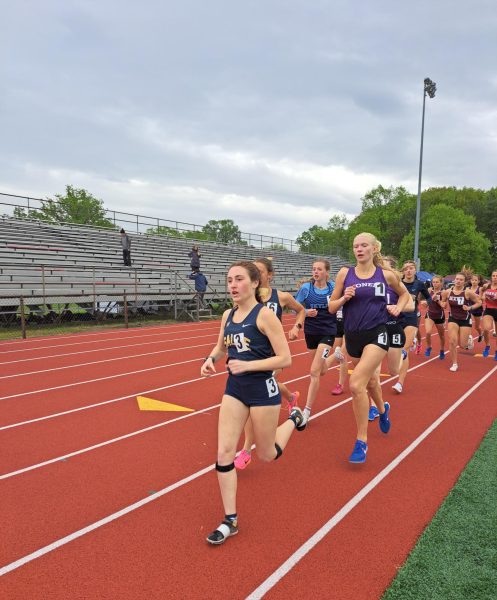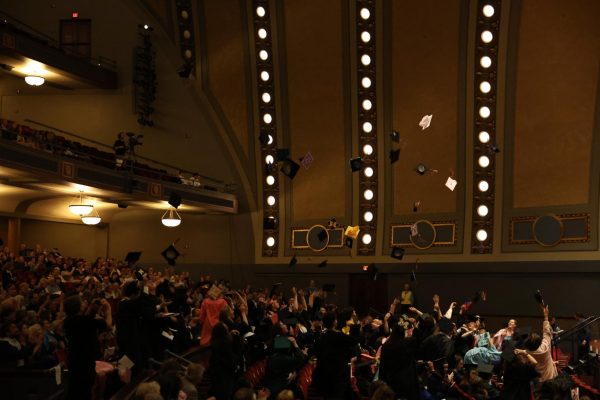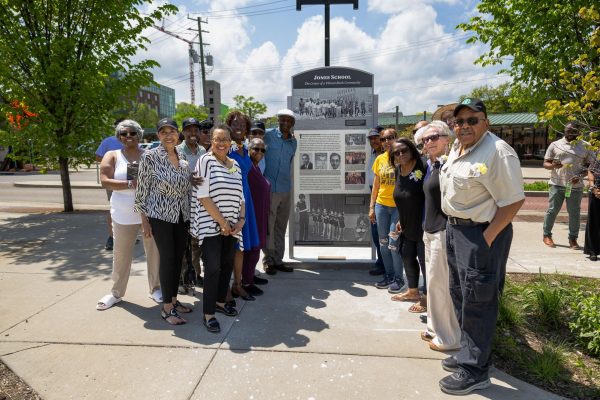Local Professor Launches Darwin Lecture
As naturalist Charles Darwin celebrates his 205th birthday on February 12, Wahstenaw Community College (WCC) biology professor David Wooten has prepared arguably the best present possible: a lecture. And some books.
At 6:30 in WCC’s Morris Lawrence building, Wooten presented “Darwin: Books, Beetles, and Blasphemy,” a lecture on the naturalist’s life and work followed by a viewing of Wooten’s personal collection of antiquarian books and artifacts. This program launched of what Wooten hopes will become a traveling Darwin event. He will take the presentation to the spring Michigan Community College Biologists’ Conference and expects to expand from there.
The cohering theme of the program, the book collection, is a marriage between Wooten’s love for books and his fascination with science. “I’ve always been a bibliophile and, being a biologist, it was only a matter of time before Darwin became my focus,” said Wooten. Now, after only a few years, his unique collection contains a diverse selection of antique books related to the famed naturalist. In addition to almost all of Darwin’s publications, Wooten describes the collection as including “all the books that inspired him, informed some piece of the puzzle that formed his theory of evolution… books on unrelated topics, such as economics, sociology, and philosophy, that Darwin read and used.”
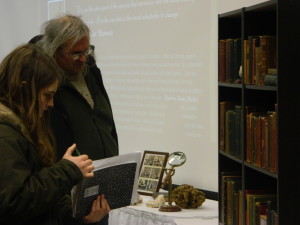
Wooten also presented Darwin’s often underappreciated works. “Of course there’s On the Origin of Species but also his works on geology, botany, domestic plants, and later on earthworms,” he explained, “People don’t realize that Darwin was a significant geologist and actually published more in botany than in any other subject… he figured out how coral reefs form and studied large volcanoes. He dug up a giant South American sloth.”
The collection, Wooten says, highlights “Darwin the zoologist, the anthropologist, the ecologist, the botanist” as well as Darwin the individual. “He was troubled in grade school, in college, in medical school, and in church but then, when he’s just 22, he sails around the world and comes back a changed man,” explained Wooten.
That changed man was then faced with his theory evolution by modification with descent and its inherent challenge to the status quo. Terrified by the religious implications of his research, he delayed publication for 20 years. When he did publish, it was with trepidation and apology. Wooten finds his collection’s focus on the books that influenced Darwin to help him to understand Darwin’s personal struggles on a deeper level. “I’ve been studying this for 20 years and never ever have I had this level of comprehension of not just the theory but of Darwin the man, who was humble, sickly, and apologetic for the discomfort brought by his discoveries,” said Wooten.
Wooten also collects opposing opinions and publications countering the theories set forth in Darwin’s works. The inclusion of these works gives Wooten’s collection a unique breadth and depth. Wooten explained, “This talk is not just about evolution or even really just about Darwin; it’s a bibliographic history of the unifying theory in biology.”
Learn more at www.darwinlecture.com.
